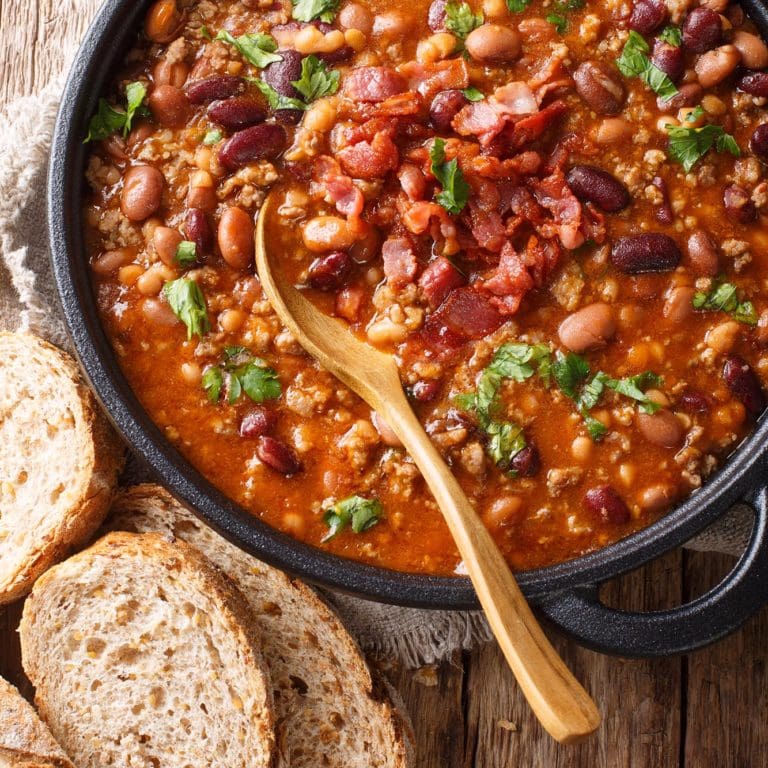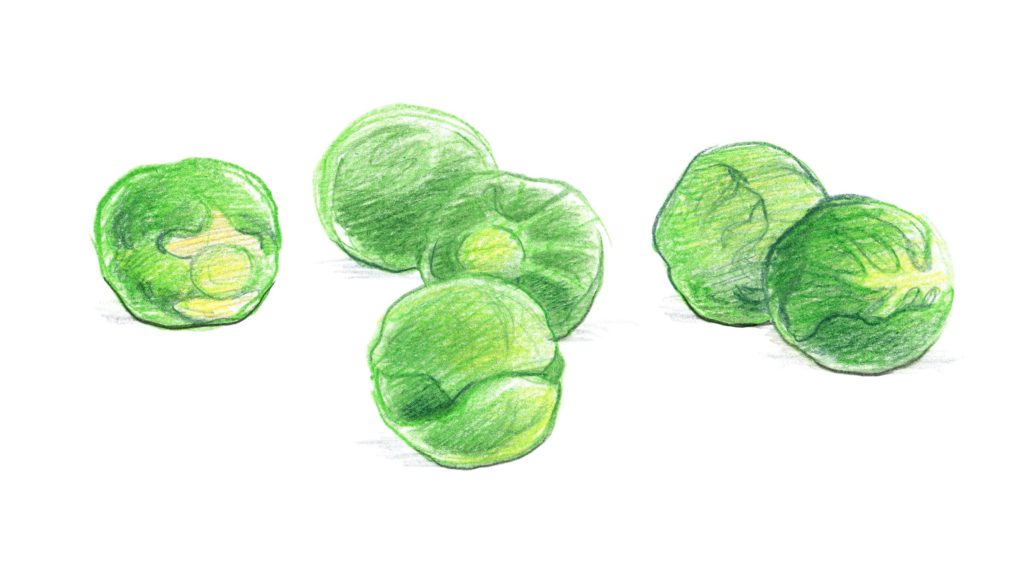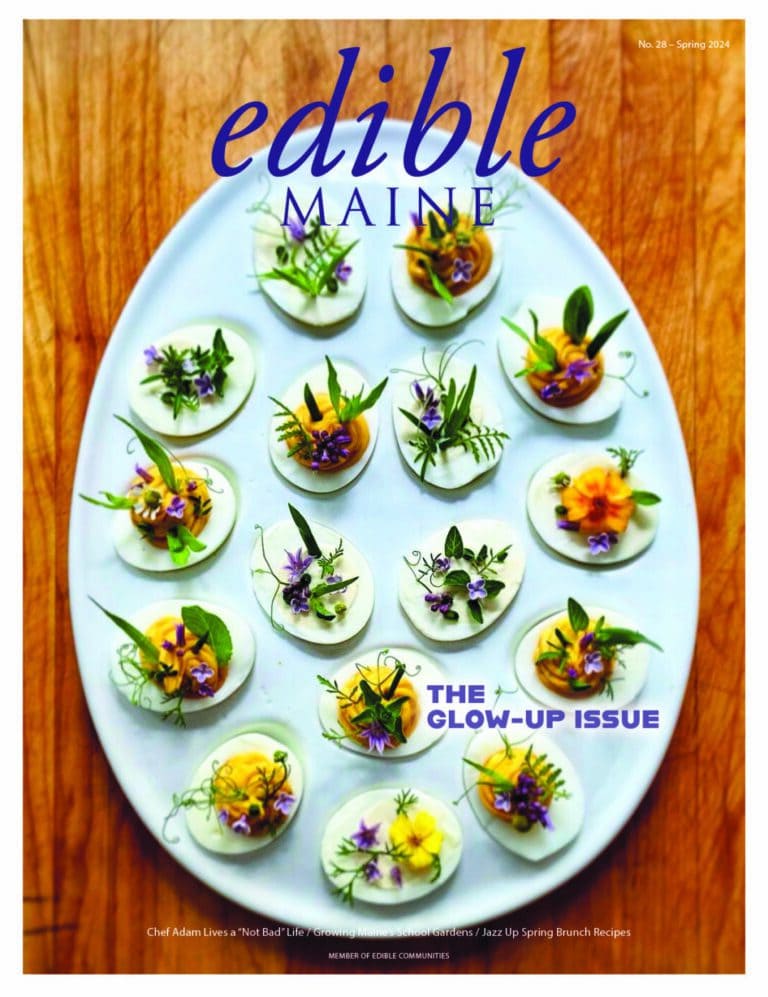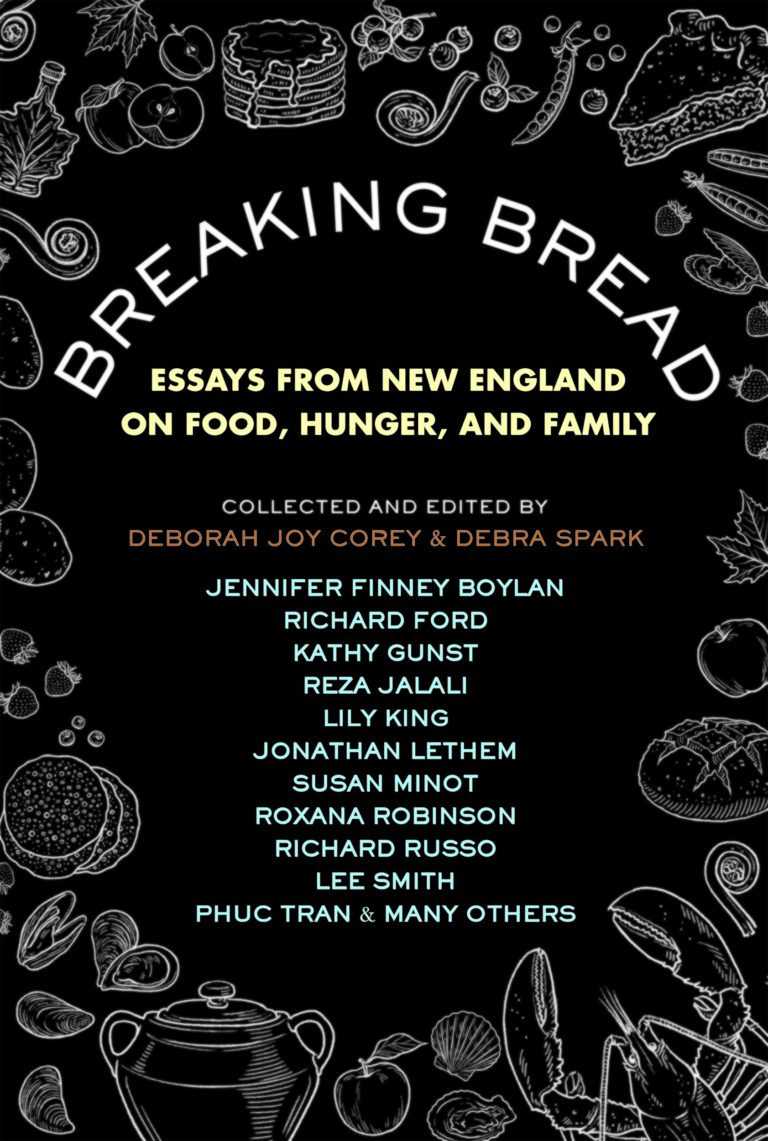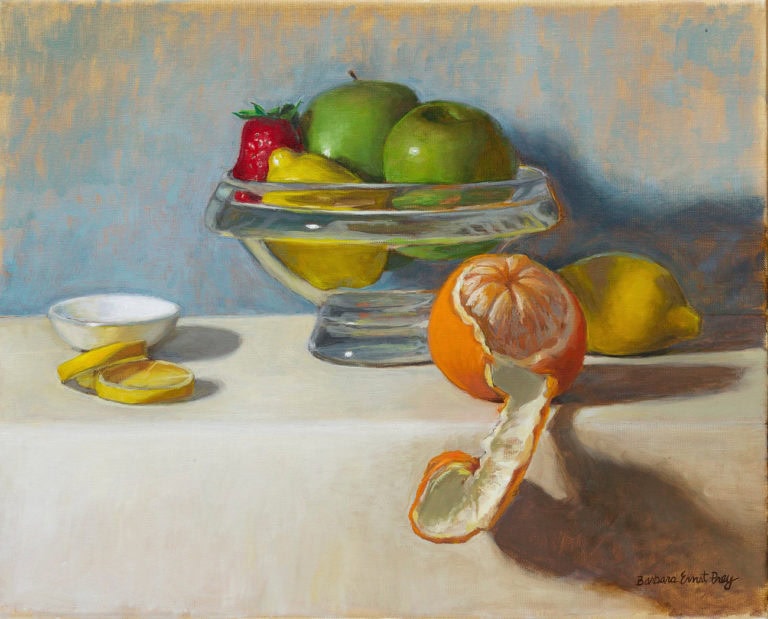- One reason some people may not like Brussels sprouts is their smell when cooking. That smell is caused by the chemical glucosinolate sinigrin, which helps fight cancer. Here’s the thing: That chemical is only produced when the sprouts are OVERcooked. That’s right…you’re all doing it wrong.
- The Brussels sprout may be one of our least favorite vegetables, but that’s not the case in the natural ecosystem. The plant is considered tasty to 46 different pests and diseases, making it one of the more difficult crops to grow organically.
- Descended originally from wild cabbages that grew in Afghanistan and Iran, Brussels sprouts are named after the capital of Belgium, where they were very popular in the 16th century. In the 19th century they were introduced to England and France, then made their way to America via French settlers in Louisiana, where commercial production began in 1925. Finally, in 1939, these worldly sprouts made their way to California where today most of the U.S. production takes place.
- Did you know that the act of cutting crosses into Brussels sprouts’ bases before cooking them wasn’t originally thought of to improve the cooking process? Instead, the crosses follow a medieval superstition that believed these marks would ward off little demons thought to hide in the plants.
- The United States produces around 70 million pounds of these little veggies each year.
- Brussels sprouts look like mini cabbages because they’re actually siblings, members of the cruciferous vegetable family. There is even a variety of purple sprouts that were created in the 1940s by crossing sprouts with a purple cabbage.
- A cooked cup of these little tasties provides you with about five grams of protein, five grams of fiber, more than 100% RDA of vitamin A, more than 100% of vitamin C, and only about 50 calories.
- There are rumors that you should reach for Brussels sprouts instead of oysters when you want a boost to your libido.
- Brussels sprouts contain zeaxanthin, an antioxidant that’s considered important in promoting eye health.
- Brussels sprouts kept in a plastic bag will stay fresh for up to 10 days in your refrigerator’s vegetable drawer. Once steamed and cooled, they can be bagged and kept in the freezer for up to a year.
- The largest recorded sprout weighed in at a whopping 18 pounds.
- In 2008, someone was recorded eating 31 Brussels sprouts in just one minute.
